Speaking from Geszt, eastern Hungary, where the government is holding a meeting, Peter Szijjarto recalled that the EU decided in November 2022 to start training Ukrainian soldiers on the territory of member states. "We, Hungarians, will not participate in this mission, we will not provide soldiers or financial resources for it, and no such training operation will take place on the territory of Hungary either," he underlined.
Two years ago we made it clear that we will take no part in this operation, but we did not prevent others from participating at their own discretion,
he added. He pointed out that the extension of the two-year mandate of this mission is now on the table, but after long discussions and negotiations, a very dangerous proposal has been put forward, which would not only extend the operation in time, but would also send EU military advisers to Ukraine to carry out coordination tasks.
This is a very dangerous step in terms of the risk of escalation of the war, Peter Szijjarto pointed out.
What would happen here is that not only would training be carried out on the territory of the European Union, but the EU military advisors involved in the training would be deployed to Ukraine,
he stressed. "It is a dangerous proposal, unfortunately, and we believe that it would significantly increase the risk of escalation of the war. It is also dangerous for us, for Hungary, because when a conflict escalates, it always escalates in the neighborhood first, not thousands of kilometers away," the politician emphasized.
Therefore we say no to this proposal, and we have already indicated to the European External Action Service in Brussels that we are not in a position to support it in this form. We have asked them to revise the proposal,
he said. The minister reiterated that Hungary will not participate in this operation even if it continues, but in its current form the government will certainly not support the extension. "The war must end, we are for peace. We support any initiative that can bring peace, but we do not support any initiative that would risk escalating the war, that would increase the risk of escalation, and the current Brussels proposal is such a proposal, hence we say no," he concluded.
Cover photo: Government meeting in Geszt, eastern Hungary (Photo: AFP)
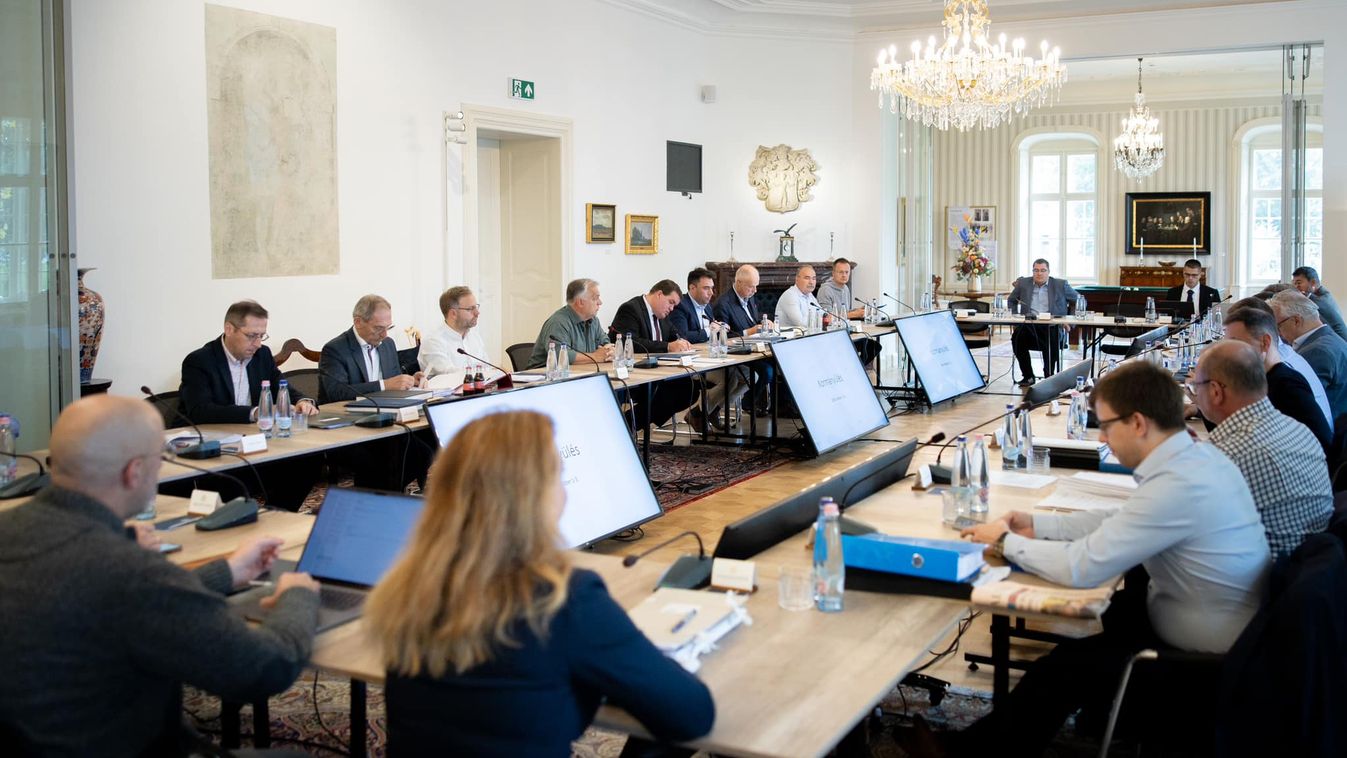

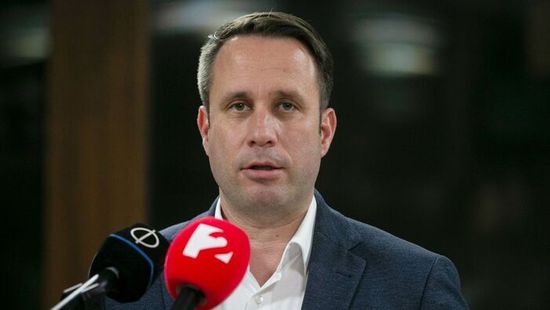
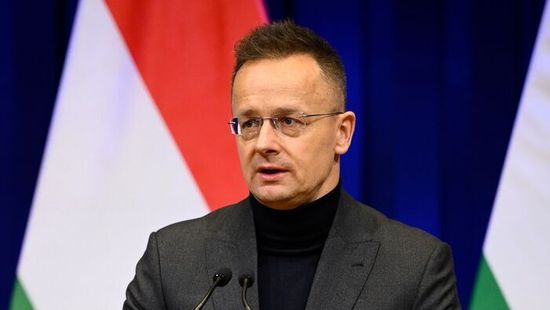



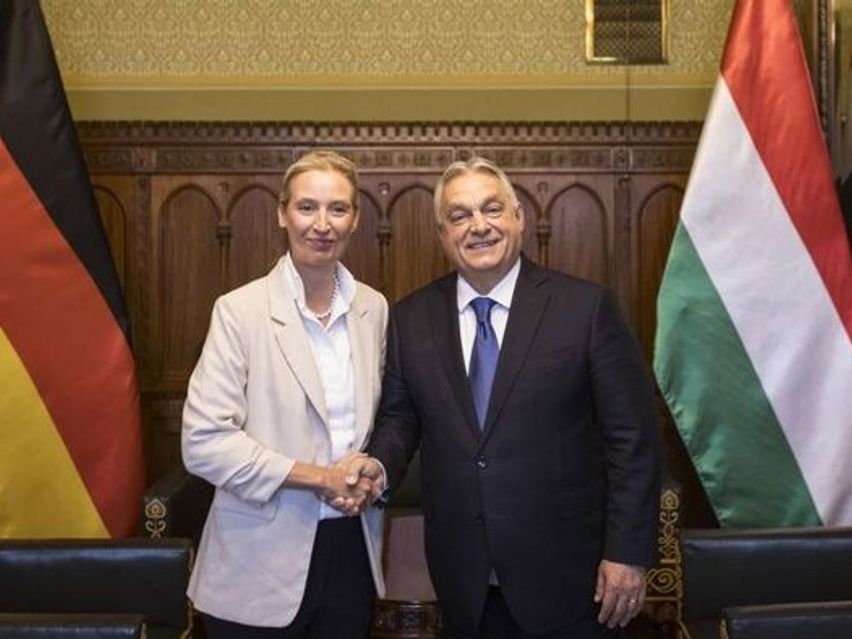
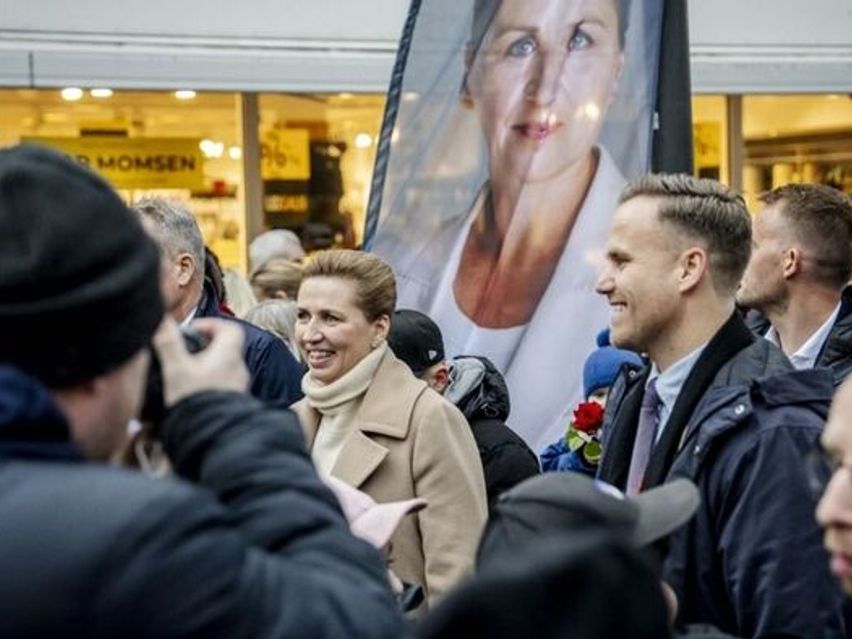


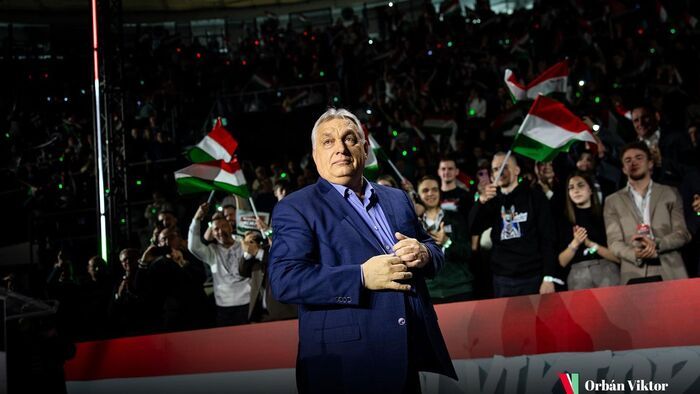


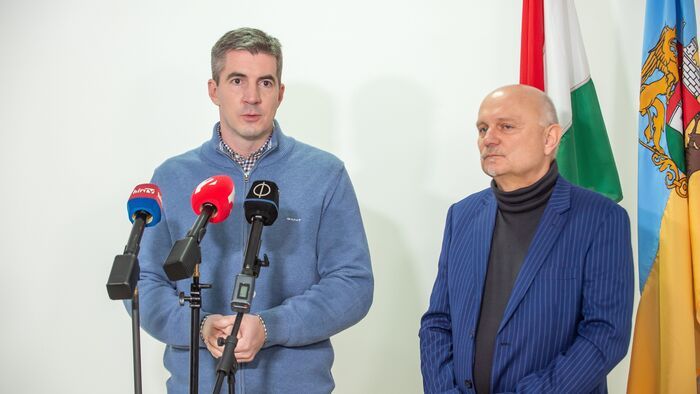

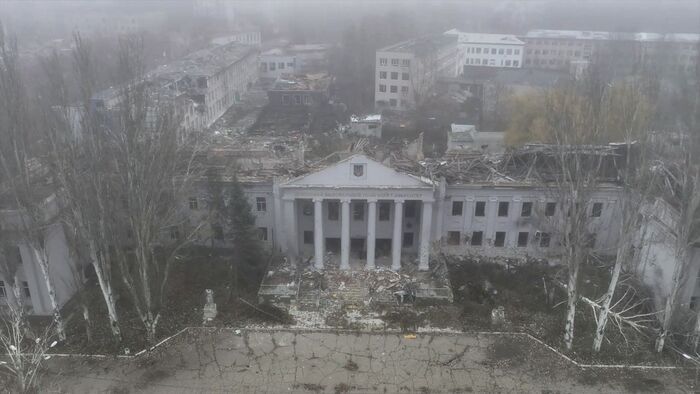
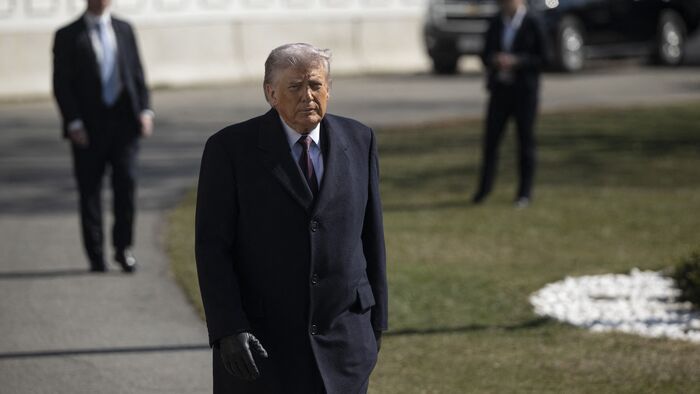



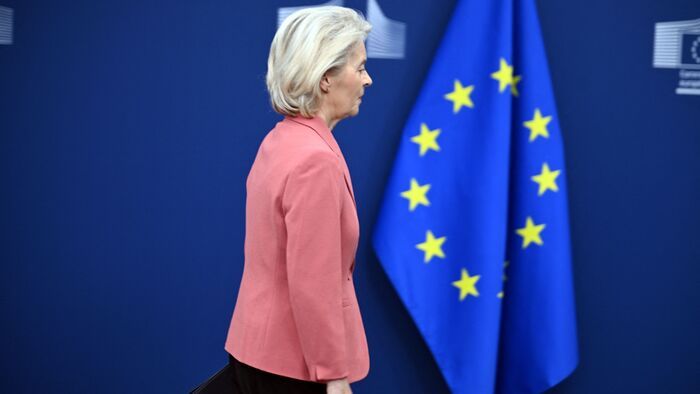

Szóljon hozzá!
Jelenleg csak a hozzászólások egy kis részét látja. Hozzászóláshoz és a további kommentek megtekintéséhez lépjen be, vagy regisztráljon!